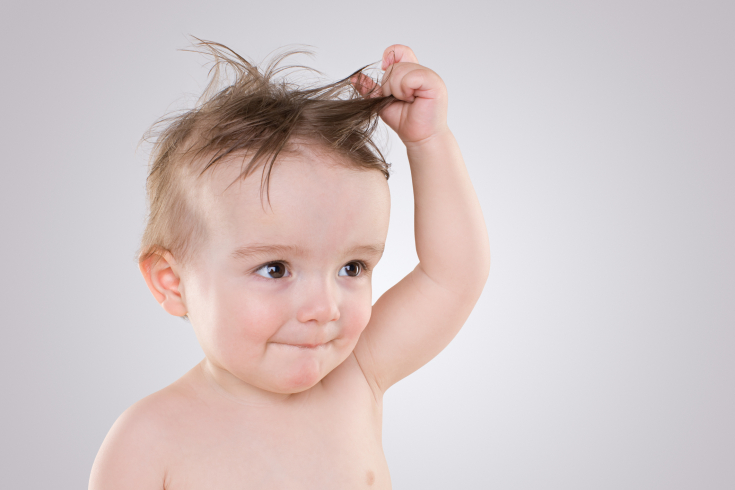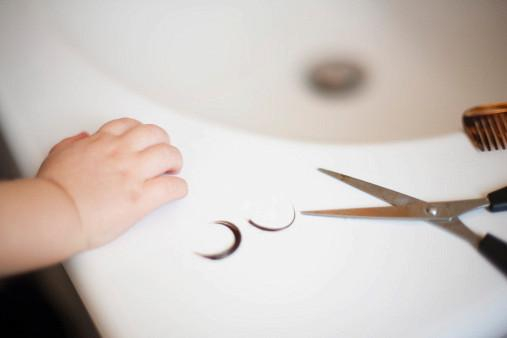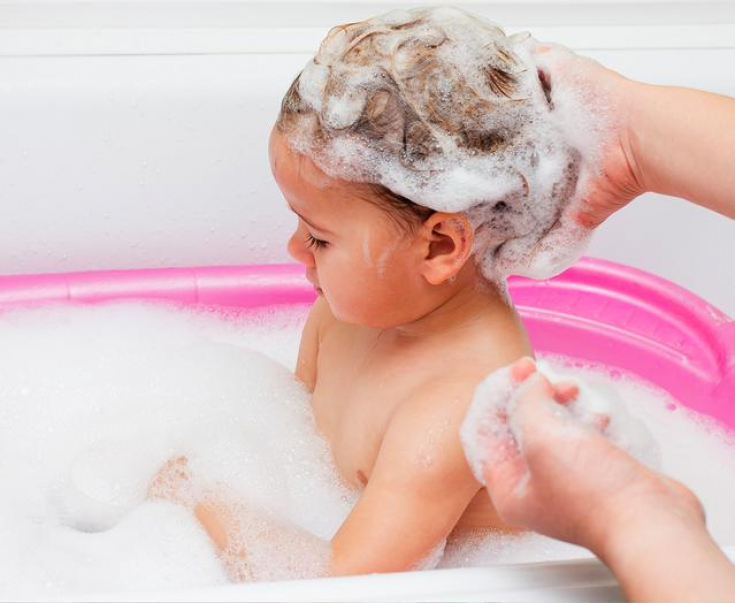Parents of a newborn child often feel completely absorbed in caring for the baby and have neither the strength nor the opportunity to be distracted by the many, in their opinion, secondary needs of a new family member. However, it is easy to lose sight of the importance of caring for a child's hair, and this need cannot be considered secondary. Even if your baby has little hair, it is important that the first experience of using shampoo is pleasant for the baby. Unfortunately, many babies and young children do not like washing their hair.
But if you develop good habits in your baby from an early age, it is very likely that your child will later, when they grow up, adopt best practices for hair care.
Bern Mones, hair stylist, art director and technologist at NIRVEL professional, Cutrin professional, HC Hairconept professional will talk about baby hair care.
- Features that distinguish the hair of a newborn baby
- Some rules for caring for a child's hair and scalp
- How to properly wash the hair of small child
Features that distinguish the hair of a newborn baby
According to many experts, all hair follicles of the unborn child are formed in the sixth month of pregnancy. Hair growth on a baby's head can sometimes be detected and evaluated with a sonogram. However, there are big differences in the amount of hair each baby has at birth. Some babies are born with amazingly thick long hair, while others are born almost completely bald.
Subscribe to our page on Instagram!

Parents of those newborns who still have little or no hair on their heads should not worry that their crumbs' hair will not grow as it should. It is important for parents to remember that all children develop differently and that your child's hair growth rate will eventually catch up with other children's hair growth.
In most cases, babies are born with soft down on their heads. These primary hairs tend to fall out after a few months and are replaced by denser hairs. Even if your baby remains relatively bald during the first year of life, it is still very important that your baby's head be kept clean because it affects the health of the growing hair. The myth that the hair of a child after shaving his head grows thicker and thicker than it was before is far from reality. There is no evidence that the quality and rate of hair growth can be affected by shaving. These properties of hair depend on the genetic features of the organism.
Some rules for caring for a child's hair and scalp
Sometimes, the skin on your baby's head may become red or flaky. This condition is known as seborrheic dermatitis and is usually harmless, most often going away on its own. In some cases, a doctor may prescribe a cream containing an anti-seborrheic drug to treat this condition. But this problem can usually be solved with simple, regular skin care using a mild shampoo.
Subscribe to our page on Facebook!

In caring for the hair of a newborn baby, the most important factor is extremely gentle care. Since young children usually have very little hair, daily washing is not necessary. Wash your child's hair only when you really need to or once every few days. When washing the head, be very careful and avoid pressing on the soft spot at the top of the head – the so-called “fontanelle”, where the bones of the skull have not yet fully fused. It's also a good idea to brush your baby's hair gently before washing it to untangle any tangles that have formed in the hair before shampooing it.
How to properly wash a small child's hair
The choice of shampoos is another important factor for new parents. Many choose special baby shampoos, which manufacturers promise that their use will not cause irritation if it gets into the eyes. These hair washes are also free of sulfates, which are used in most adult shampoos. However, it's also important to know that baby shampoos tend to have a higher pH, which leads to increased hair breakage. One way to avoid this is to use baby shampoo if your child is very small and has short hair, and then move on to very mild adult shampoos if the child is older and has long hair.

Another important factor in care is the position in which you wash your baby's hair. This is usually easier to do by gently tilting the baby's head back while holding him securely in the tub. When babies are in this position, they often experience fear. Make sure you keep your child absolutely safe and talk to him in a soothing tone.
If hair care becomes a pleasant experience for a child, then it is very likely that when your baby grows up, he will be happy to wash his own hair and properly care for both his hair and scalp.
More useful information on our channel in Youtube:






Add a comment